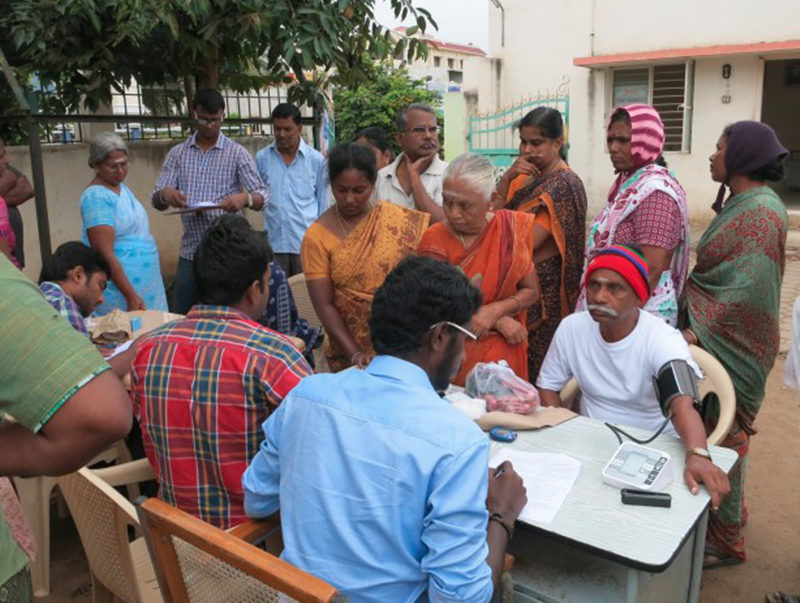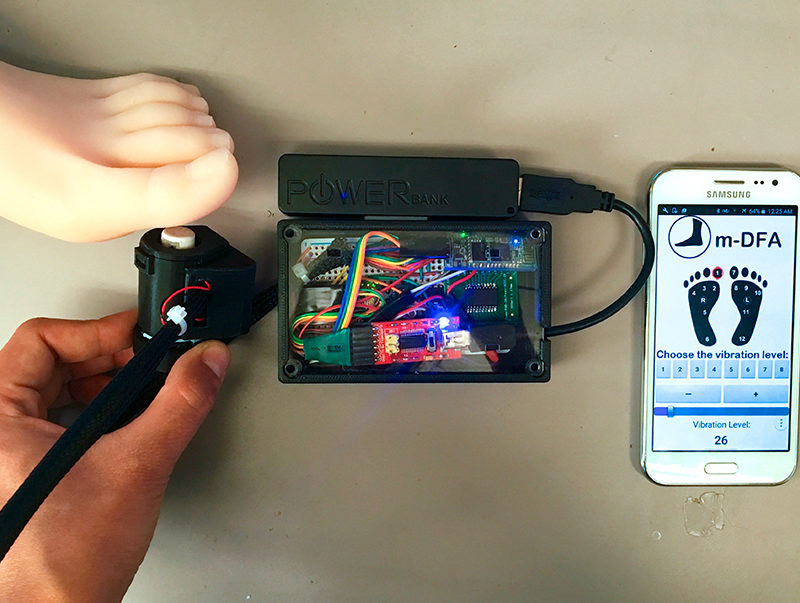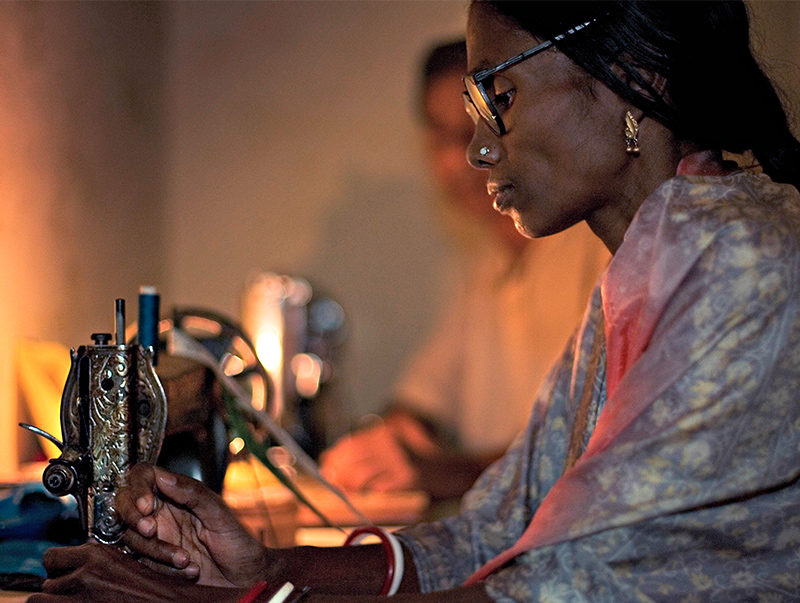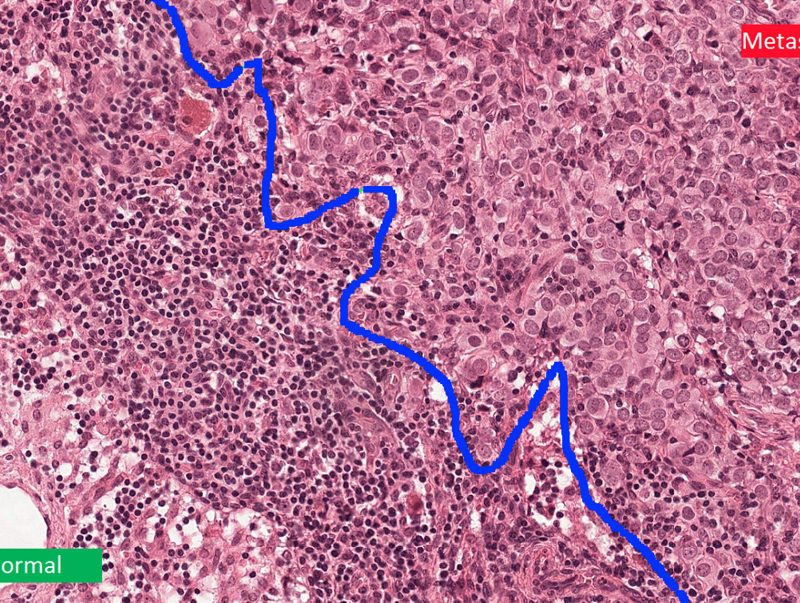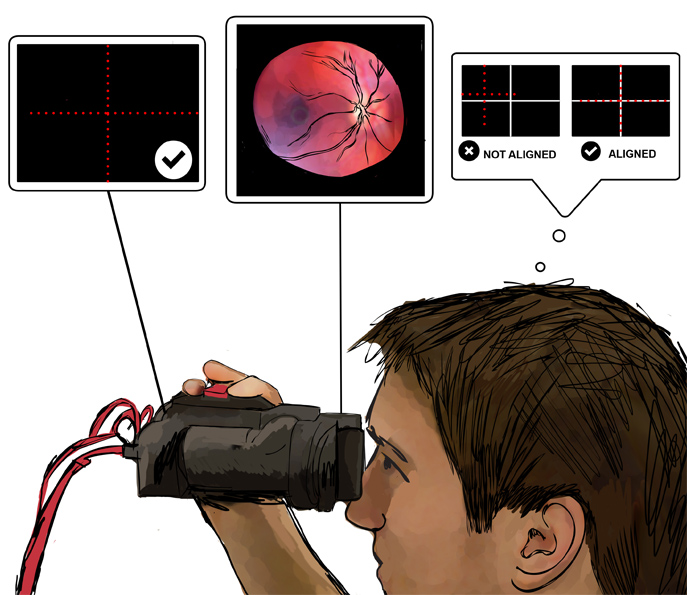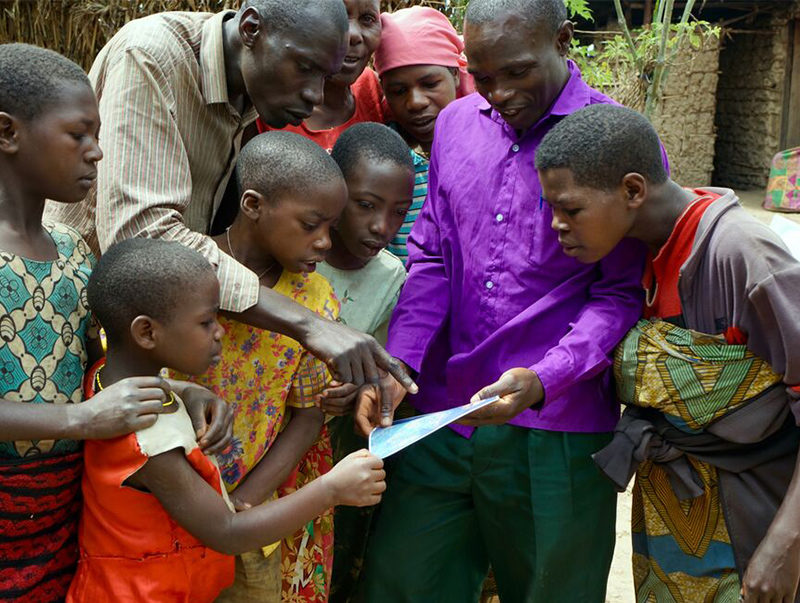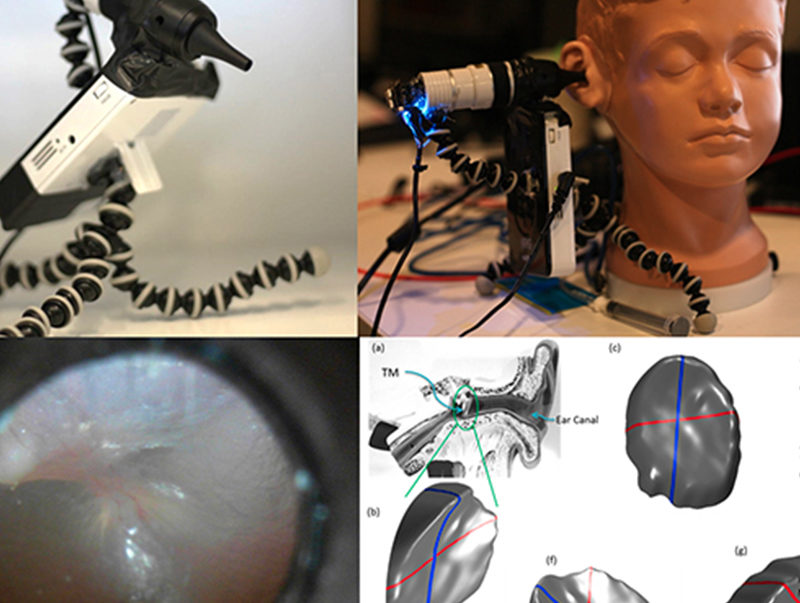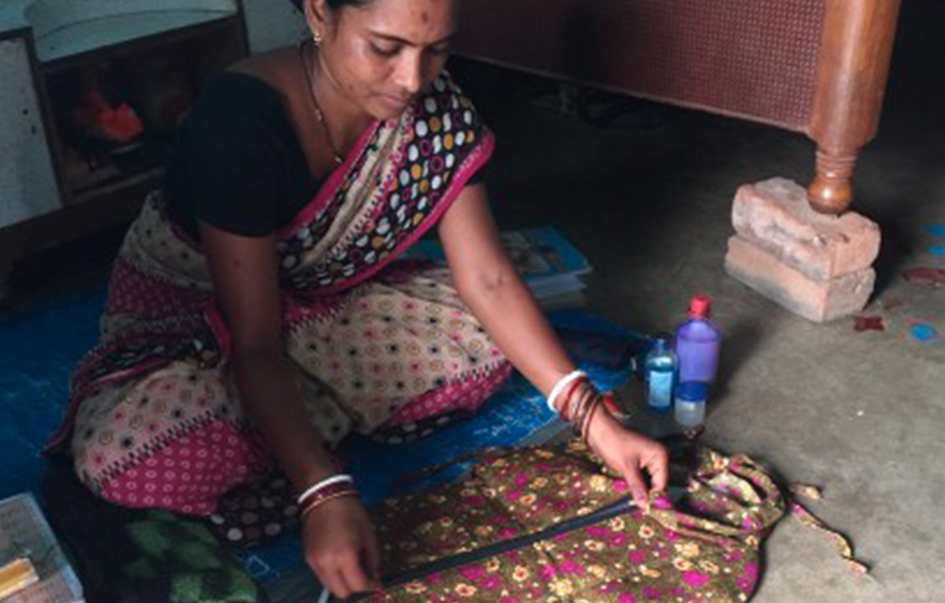
The Maternal Mortality Ratio (MMR) and Infant Mortality Rate (IMR) are very high in parts of rural India when compared to other developing and developed countries. The Maternal and Neonatal Survival Initiative (MANSI) is a successful field-tested approach for addressing widespread and persistent problems with high MMR and IMR. Implemented in the Seraikela area of Jharkhand state in India, it has achieved a 32.7% reduction in neonatal mortality and 50% increase in hospital births.
The MANSI program was developed with a unique PPP pilot program in an area where Tata Steel Rural Development Society (TSRDS) has other programs to improve the quality of life of the residents and thereby enjoys the community’s trust and support.
This thesis investigates whether this program can be replicated or scaled elsewhere in other rural communities where it is desperately needed, using either the pilot program implemented in Seraikela or a modified one outside the TSRDS area of influence.



